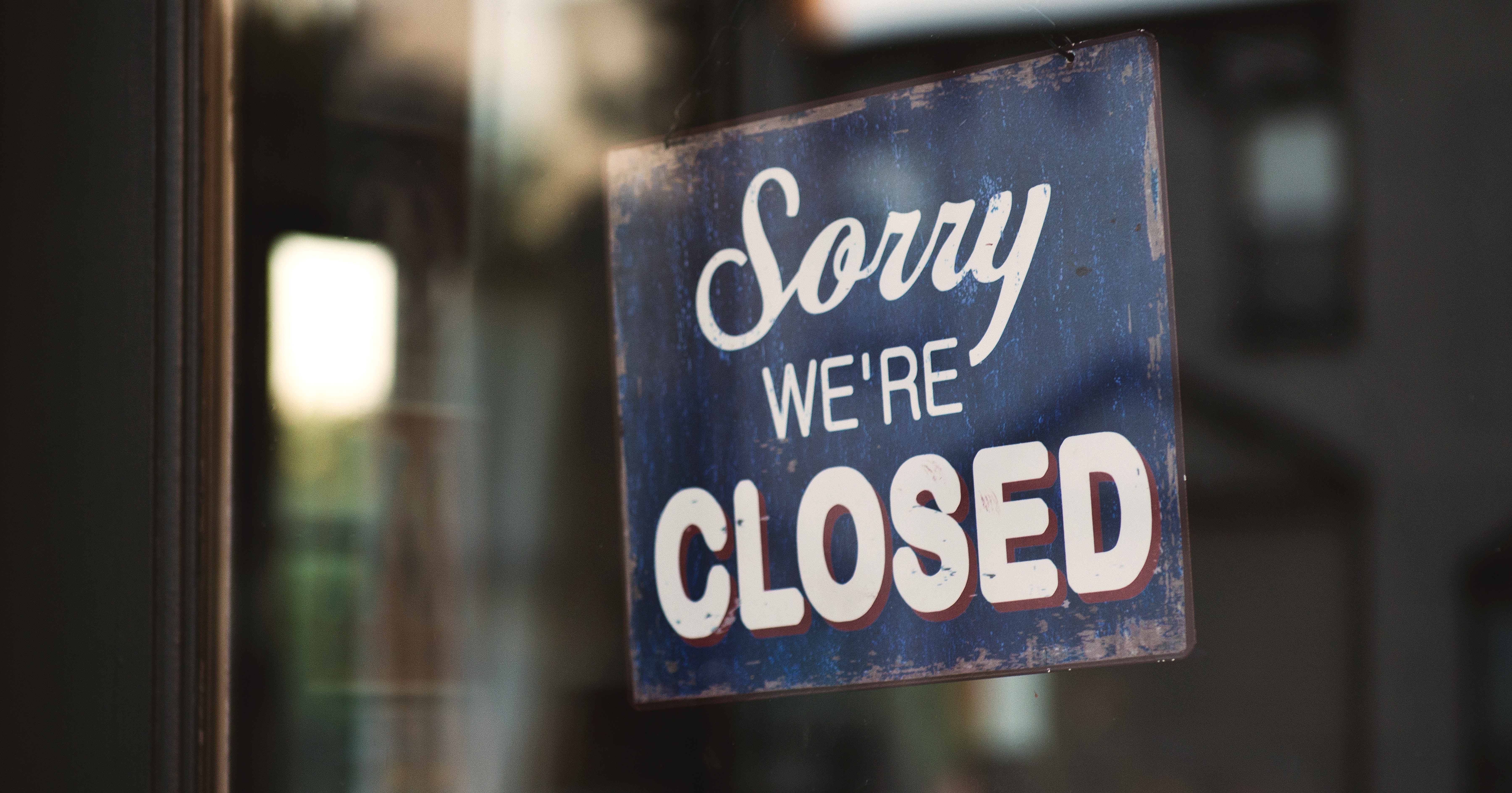Insights from the New Jersey Business and Organization COVID-19 Survey

In a new survey of more than 2,000 state businesses and nonprofits, New Jersey business owners report they are adapting to the realities of COVID-19; however, many indicate that they need additional support from the state and federal government, including financing and technical assistance.
“New Jersey businesses have responded admirably to the hardships caused by the pandemic, but I know many are still hurting,” said Governor Phil Murphy. “Through our newly passed economic recovery package, we have $50 million in additional aid for small businesses that we are preparing to deploy to help those in need, and we stand ready to offer technical and logistical assistance to ensure that those needs are met as well.”
The survey was conducted by the Heldrich Center in November 2020 and sponsored by the New Jersey Small Business Development Center (NJSBDC) with funds provided by the U.S. Cares Act from the U.S. Small Business Administration. Its goal was to examine how businesses have revised operations during the pandemic and to identify the kinds of assistance they need in the months ahead.
A wide range of partners helped promote the survey, including New Jersey Business Action Center, New Jersey Economic Development Agency (NJEDA), Rutgers Business School Newark & New Brunswick, and Choose New Jersey.
Business and nonprofit organizations report that they are taking the necessary steps to ensure the safety of customers and workers and increasing the use of digital technologies to conduct business. Survey respondents are interested in obtaining technical assistance to improve social media and online marketing in the coming months. Many have already increased or plan to increase digital operations.
A large majority of business owners report they have instituted safety requirements such as mandatory mask wearing for staff and patrons, frequent cleaning, and capacity limits.
Uncertainty about the future remains a major challenge for 9 in 10 businesses and organizations. Other key findings in the survey include:
- 9 in 10 (92%) customer-facing businesses are very or somewhat confident that they can satisfy their customers with their goods or services.
- 8 in 10 (83%) survey respondents say they expect to lose significant revenue or nonprofit funding in the next three to six months.
- 7 in 10 (67%) received financial assistance from the federal Paycheck Protection Program.
- 5 in 10 (47%) received NJEDA grants or loans.
- 5 in 10 (49%) are looking for assistance with social media or online marketing.
- 4 in 10 (39%) have increased their use of online platforms to offer goods or services since the beginning of the pandemic.
The research project was a partnership with NJSBDC and led by Dr. Carl Van Horn, distinguished professor and director of the Heldrich Center, and Jessica Starace, research associate at the Heldrich Center.
“Small businesses benefited from the financial support provided by federal and state government programs, but many still need technical assistance to transition to digital marketing and service delivery,” Dr. Van Horn said. “The New Jersey Economic Development Authority and the New Jersey Small Business Development Center are the organizations that businesses will most likely turn to for help.”
Kelly Brozyna, CEO/State Director of NJSBDC, said, “As a leading provider of consulting and training services for small and mid-sized businesses in New Jersey, the NJSBDC knew it was crucial to understand how businesses were affected by the pandemic. We will now use the survey results to ensure NJSBDC has the right consultant skillsets and programming to meet the needs of our clients. The survey will also help shape our three-year strategic plan, aligning with our #NJThrives campaign to help the state’s businesses.”
The non-probability, online survey, conducted in English and Spanish, was administered between November 4 and December 1, 2020. Respondents were distributed across northern, central, and southern New Jersey. Over 700 of the businesses responding are owned by women; 400 are minority-owned. Most respondent businesses employ fewer than 10 workers and vary across all sectors of the state’s economy.
For more information, see the summary of survey results.